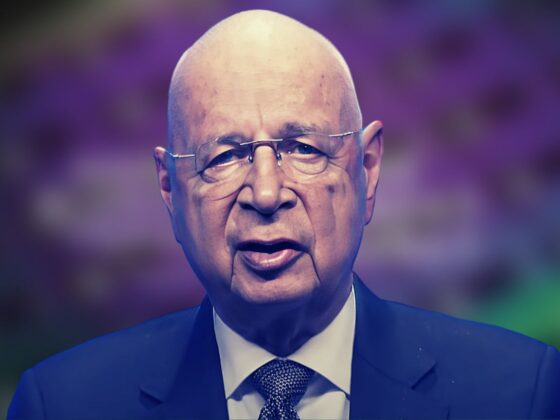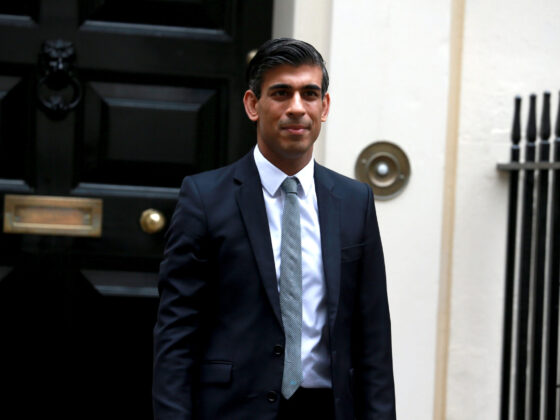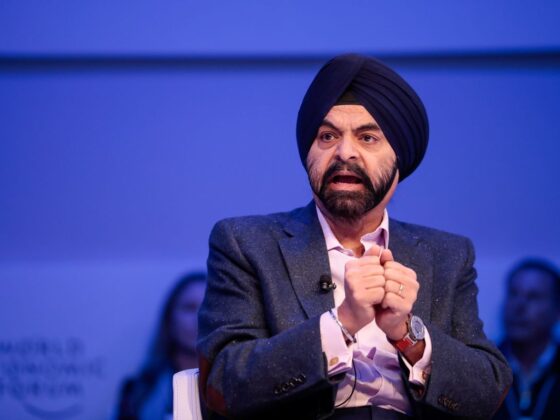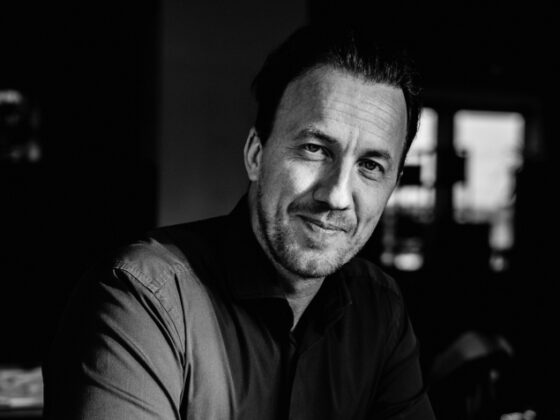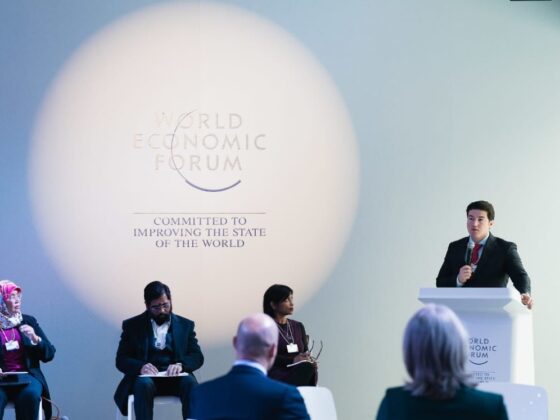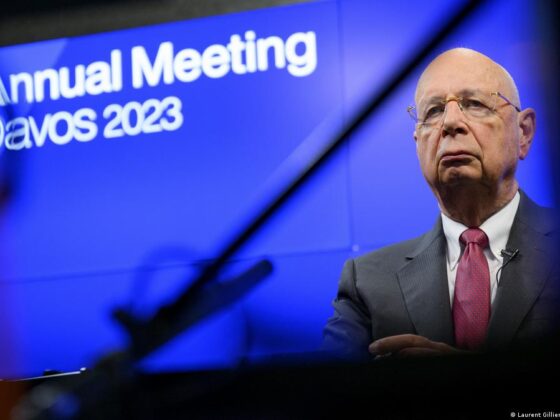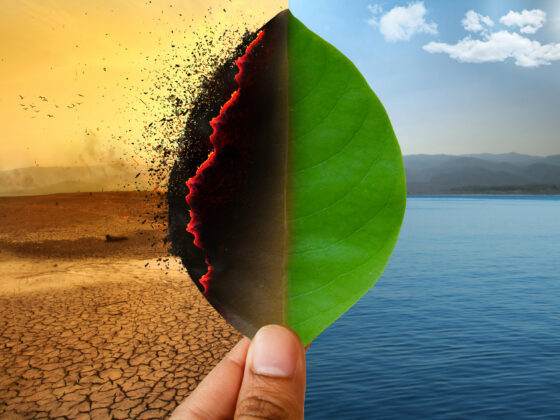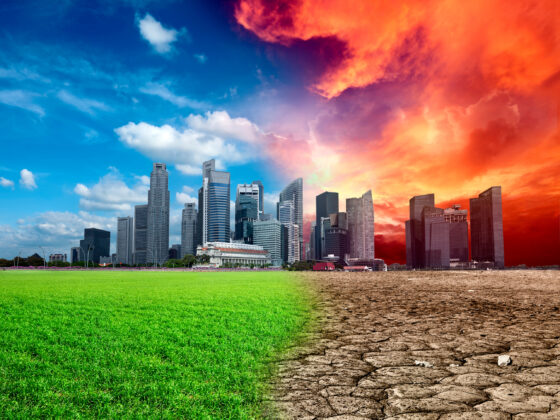Many developing countries are now suffering from a combination of internal political dysfunction and external economic shocks generated mainly by COVID-19 and the war in Ukraine. Sri Lanka provides a powerful example and a warning for countries in other regions that will face similar predicaments.
A severe economic crisis has led to fury on the streets; soaring inflation means that food, medication, and fuel are scarce if not non-existent. As a result of rolling blackouts, normal people have gone hungry and taken to the streets in anger, many blaming their government.
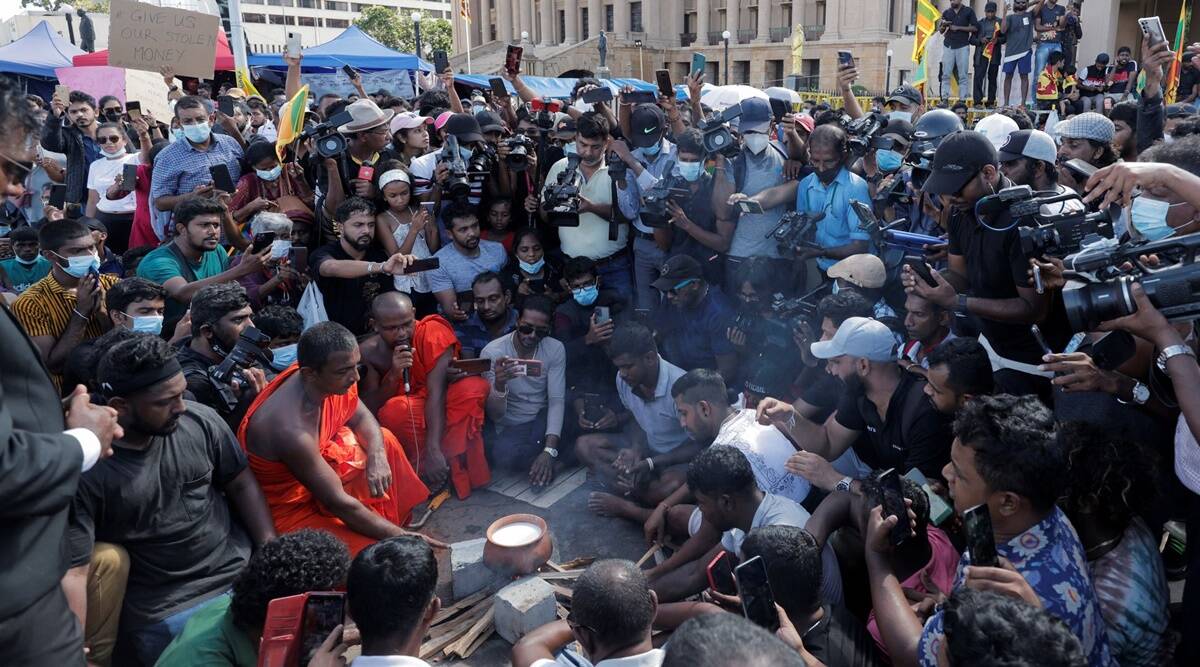
As a result of the disaster in Sri Lanka, the unelected WEF released an article advocating for a “Circular Economy” for Sri Lanka because of rising costs, asset holders would be reduced to a handful of wealthy elites who will own everything while the population would be forced to rent and share basic services.
The Circular economy is a phrase that is used a lot by governments, investors, manufacturers, distributors, and commentators today. This concept embraces the use of 4IR technology to minimize waste by-products and/or design products that can be repurposed or kept in circulation.
In March 2020, the European Commission adopted a new circular economy action plan, framing it as one of the main components of the European Green Deal. In addition to achieving the EU’s 2050 climate neutrality target and stopping biodiversity loss, transitioning to a circular economy is also a prerequisite.

Remember the article you will own nothing and be happy? “Welcome to the year 2030. Welcome to my city – or should I say, ‘our city.’ I don’t own anything. I don’t own a car. I don’t own a house. I don’t own any appliances or any clothes.” writes Ida Auken.
The World Economic Forum is promoting the idea of “Circular Economies” to rebuild Sri Lanka’s economy. The Great Reset will result in all products becoming services, so “you’ll own nothing and be happy”.

The circular economy is a top-down WEF globalist agenda coming from unelected so-called elites looking to reshape the world. It is a technology solution framework that addresses global challenges such as climate change, biodiversity loss, waste, and pollution. And this is the same circular economy the WEF promotes to save the planet from deadly climate change. According to them, we need to transform all elements of take-make-waste: from the way we manage resources to the way products are made and used.
Circular economies emphasize recycling and reusing materials instead of using them once and throwing them away. Currently, only 9% of the world’s economy is circular. The circular economy’s Product as a Service business model ensures that you and I will own nothing, while corporations retain ownership of all products, they rent out to us.
According to The Future of Products as Services, we will one day own nothing. “I Own Nothing, Have No Privacy, And Life Has Never Been Better” is the WEF’s 2030 vision of a world without possessions.
World Economic Forum probably didn’t anticipate the heated debate the article would spark when it was posted in 2016. Rather than illustrating a dystopian future, Ida Auken wanted to illustrate a possible real outcome of implementing a circular economy, a system in which products and materials are reused and recycled rather than discarded. According to her, renting or leasing instead of owning everything outright could be extremely beneficial to the environment.
She described a system in which everything was rented on an as-needed basis. “Everything you considered a product has now become a service,” she wrote. “We have access to transportation, accommodation, food and all the things we need in our daily lives. One by one, all these things became free, so it ended up not making sense for us to own much.”
This is the imagined future Auken spoke to in her essay: “When products are turned into services, no one has an interest in things with a short life span. Everything is designed for durability, repairability, and recyclability. The materials are flowing more quickly in our economy and can be transformed to new products easily.”

Mayuri Wijayasundara a Strategy expert specialising in the transition towards a circular economy, Director of Anvarta and an Academic Honorary Fellow at Deakin University wrote the WEF article titled “How a circular economy could help tackle Sri Lanka’s economic crisis”.
According to her, a circular economy is a sustainable alternative that can aid Sri Lanka’s recovery. In a circular economy, products and services are designed with the end in mind, and access to products is encouraged over any asset ownership. According to the WEF, we previously bundled our needs for survival, community, engagement, and entertainment into a single lifestyle package. She suggests making it easier to prioritize needs if there are limited resources, such as fuel, food, etc.
Mayuri Wijayasundara proposes a sharing economy “in which all assets are pooled and shared among many users, offering differential pricing to distribute demand”. The author calls for more technology-driven platforms such as Uber and Airbnb, that cater to local users, not only for sharing housing and vehicles, but also essentials like tools, equipment, and office space.
In a circular economy, a smaller number of asset owners keep all assets for themselves, while providing services to a larger number of users based on their consumption. They say Circular economies have the advantage that the payment is based on consumption rather than the price of ownership (i.e., the price of access). Their goal is to make it attractive enough that instead of owning assets, you just rent them as needed.
There is indeed a great reset taking place so they can rebuild it using a circular economy global framework, and of course, it will save the planet, so each of us must contribute.
There is no doubt that the globalists’ war on nations has reached its climax. It is necessary to burn everything down before you can “build back better,” according to the slogan of the World Economic Forum. That’s what’s happening in places like Sri Lanka. There has been a race towards Schwab’s dystopian global technocracy, which is the destination, a truly dark place of total surveillance and soul-destroying control over every human activity.
The WEF promotes a “one size fits all” future if we all conform to its global ideas, which are borderline dystopian. However, they care more about total control and rigid conformity than about the human rights they claim to fight for.
The WEF believes they can provide a solution to a much-needed opportunity and drive structural changes to the global economy. The insights gained during the Sri Lankan crisis can then drive future economic outlooks and provide opportunities elsewhere.
As a result, we will own nothing, or significantly less than we used to – and we will be paying mega-corporations for their services. As a result, we are trading one form of enslavement for another.
It is a top-down agenda pushed by unelected globalists who seek to remake the world in their image without putting it to a vote by the people. In the technocratic future they envision, design, and execute, society will be completely controlled by them.
It is already happening that citizens can no longer buy food, fuel, and other assets, we are already beginning to be priced off the roads, and what happens when we cannot afford to rent these products or services as their prices go up?



